+1 (626) 250-3166
|
Join us Saturday May 11, 2019 from 3:30PM to 5:30PM in San Marino, CA for the unveiling of our family aquaponic system. These systems are used to help mothers feed their families in drought-stricken Cambodia, and you can see them in action this weekend! Are you interested in aquaponics, but never got around to see a real system that you could use at home? Did you ever consider growing some of your own food, or are you just interested in the science of how fish fertilizes plants that you can eat? Have you ever wondered how much of an impact this can have in people's lives around the world? Come and join us on Saturday, May 11 and you will learn about all of the above! We’re delighted to invite you to the unveiling of Community First’s first-ever family aquaponics system outside of Cambodia, right here in the greater Pasadena Area! This aquaponic system will premiere at the Rotary District 5300 Assembly & Conference in Anaheim this weekend but will be for you to see up-close Saturday, May 11th from 3:30 PM to 5:30 PM at the home of the Hung Family by the Old Mill in San Marino (1057 Old Mill Rd San Marino, CA 91108). Our systems bring together the best of fish farming and vegetable gardening in a part of the world where mothers struggle so much to feed their children, 40% of them have their growth stunted because of malnutrition. Aquaponics provides not only a better, more secure source of nutrition but also a significant economic engine for families who farm only rice once a year. So, on Mother's Day weekend, come and see this well-engineered food system that empowers mothers in Cambodia around a glass of wine The event is free but you must RSVP to attend! We look forward to seeing you there! If you cannot attend but want to support our work, please consider making a donation! Want to see our aquaponic systems in action in the communities of rural Cambodia and learn more about its impact in the lives of the people there? Check our latest videos and come and see us May 11th to meet in person! A Day In the Life: Community First Aquaponics in Sen Sok, Cambodia In Depth: The Impact of Aquaponics in Sen Sok event detailsSATURDAY, MAY 11 2019 - 3:30PM to 5:30PM 1057 Old Mill Rd, San Marino, CA 91108, USA Thanks to the support of our donors, we have been able to continue to bring sustainable farming to another family in the countryside. By implementing these aquaponic systems, we have been able to help empower local farmers free themselves from subsistence and provide them with a way to improve their family’s nutrition all year round.
7/20/2018 New Gardens On CampusIt’s the rainy season, and it’s the perfect time to break ground for the gardens in the front of the campus! As the monsoon rains flood the land, the sandy-clay soil softens and allows us to continue turning the Community First Campus into a space for sustainable agriculture.
3/20/2018 Welcome Spring!It’s the first day of Spring, and Community First is celebrating the season with our first crop of aquaponic strawberries! Our team has been hard at work in the Cambodian countryside setting up the farm school and aquaponic systems at the campus. That work has paid off, and now we have over 100 strawberry plants thriving in the campus system. One of our students even had the chance to taste his first strawberry!! There are so many things to celebrate with us this year, as together we make it possible for people with limited water to provide more nutritious food for themselves and their families with the help of aquaponics!
12/31/2017 A New Year in the VillageSince 2009, Community First’s projects have brought a better quality of life for the villages in Sen Sok by drilling water wells, setting up biodigestors, teaching sewing skills, and providing agricultural training. Now with our aquaponic program fully underway, we plan to continue providing the best practices of agricultural development by moving into our building in Smach village.
Freshly pressed, red and sandy soil is finally laid into place after this year’s monsoon washed out a portion of the road. Driving down the bumpy surface, you can feel the tires further compact the soil beneath them. Stilted houses start to appear from behind rows of sugar palms as a herd of cows are guided past you. Lush fields of rice, ready for harvest, stretch all the way to the horizon as you travel the three kilometers from the main road to Smach village.
9/16/2017 The Sim FamilyMeet the Sim family! The first of five families to benefit from our off-grid aquaponics program.
Fish play a key role aquaponics. They are the first essential living element introduced when starting a new system. Aquaponics, just like any other ecosystem, depends on the nitrogen cycle to convert nitrogen into available nutrients. Ammonia, a bi-product of the respiratory and digestive processes of fish, is the catalyst that starts the “cycling” of our system. As the fish breathe through their gills and excrete waste from their digestive tracts, the ammonia will build up in our aquaponic system. In high concentrations ammonia will kill fish. Thankfully, the presence of ammonia attracts the nitrifying bacteria that we need to cohabit our aquaponics system. The first of which are called nitrosomonas. The nitrosomonas will convert the ammonia in the water into nitrites, which is still toxic to fish. No need to worry though. Good news is that these nitrites will then attract another nitrifying bacteria called nitrospira. The nitrospira is the bacteria we are really after because they are the ones to turn nitrites into nitrates! And plants love nitrates! Nitrates are quickly absorbed by plants, making the excretions from our fish the perfect fertilizer.
7/25/2017 Social Innovation & LeadershipIn an educational and inspiring podcast on Nick Night’s The Profit Ability Show, Pierre Mainguy describes his journey from being an Los Angeles finance student engaged in venture capitalism to leading an international development NGO, Community First, in Cambodia.
For four years now the Community First had very productive relationship with the University of Edinburgh’s School of Engineering. As part of this collaboration, the students have helped us with sustainable and innovative projects like solar dryers, solar sanitation, and using risk husk for aquaponics, as well as helping us with some engineering and technical drawings. This year we are lucky to welcome a talented and enthusiastic group of young change makers. Here is a little bit about them and their thoughts on the program.
|

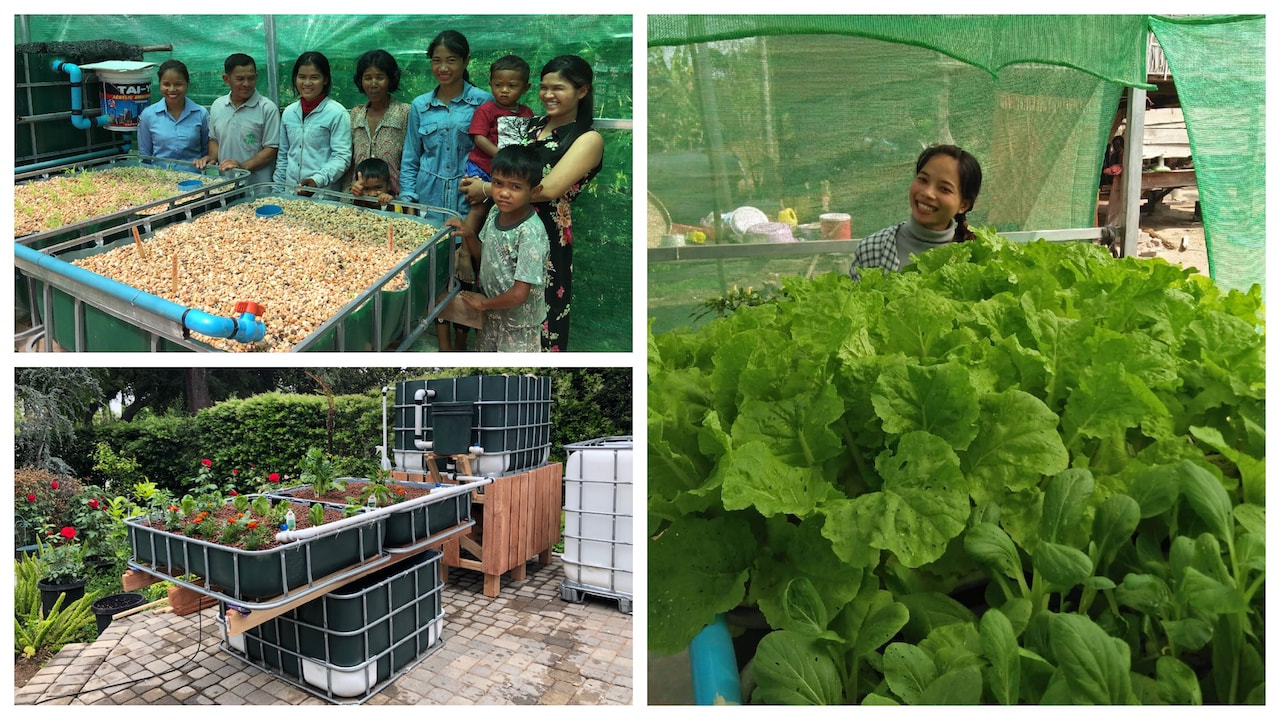
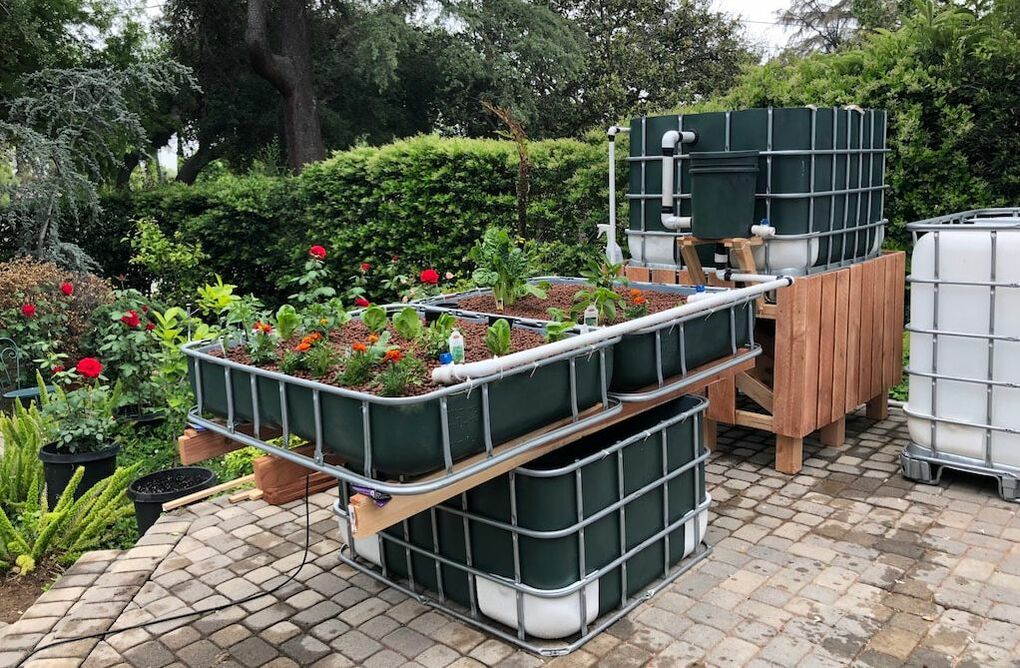
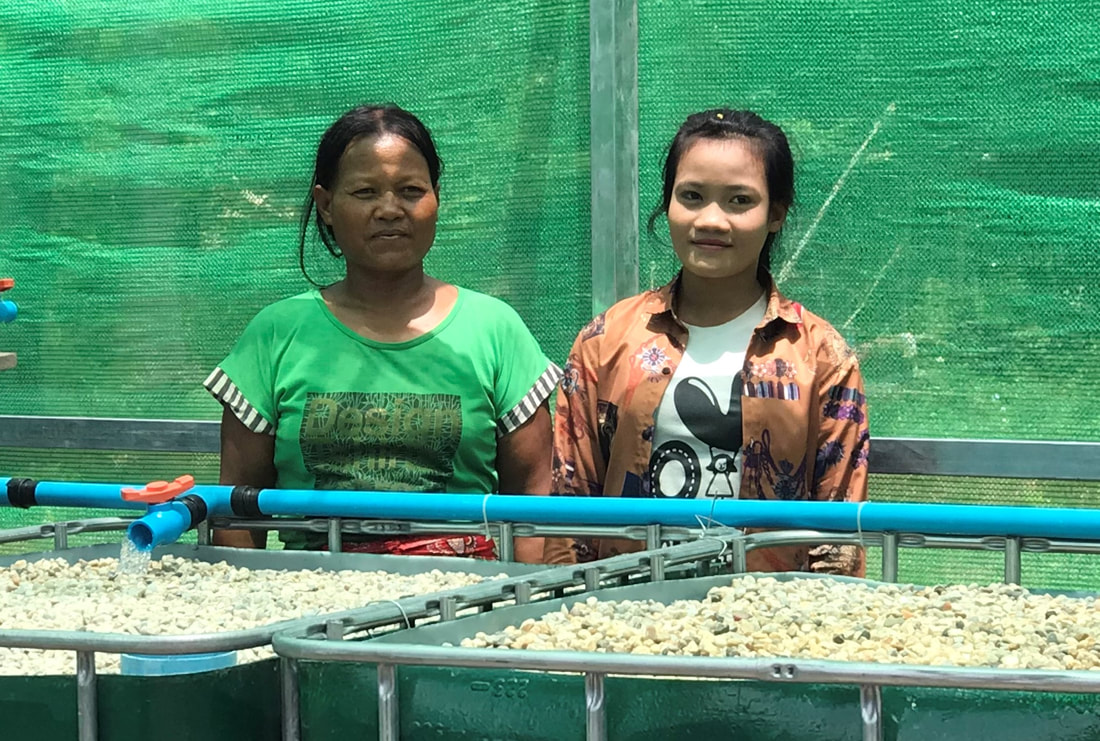
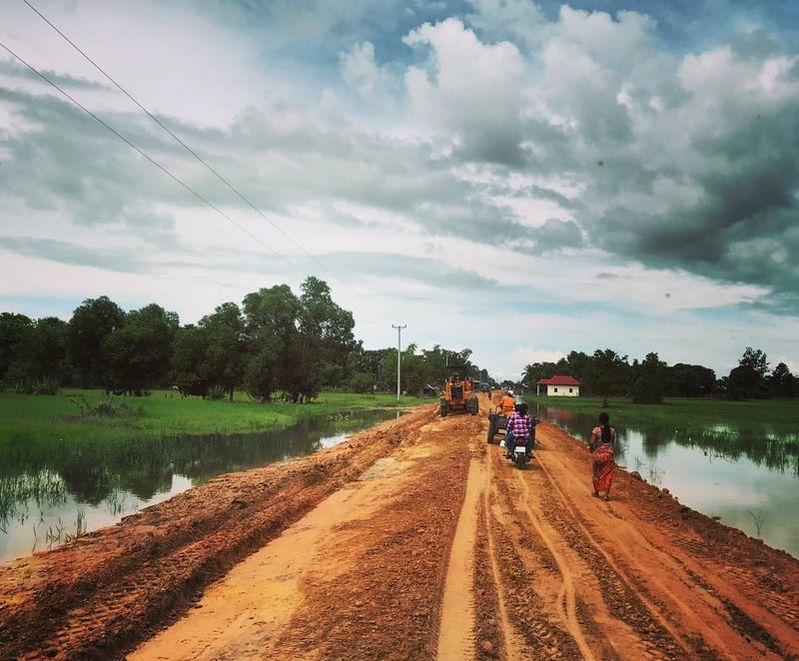
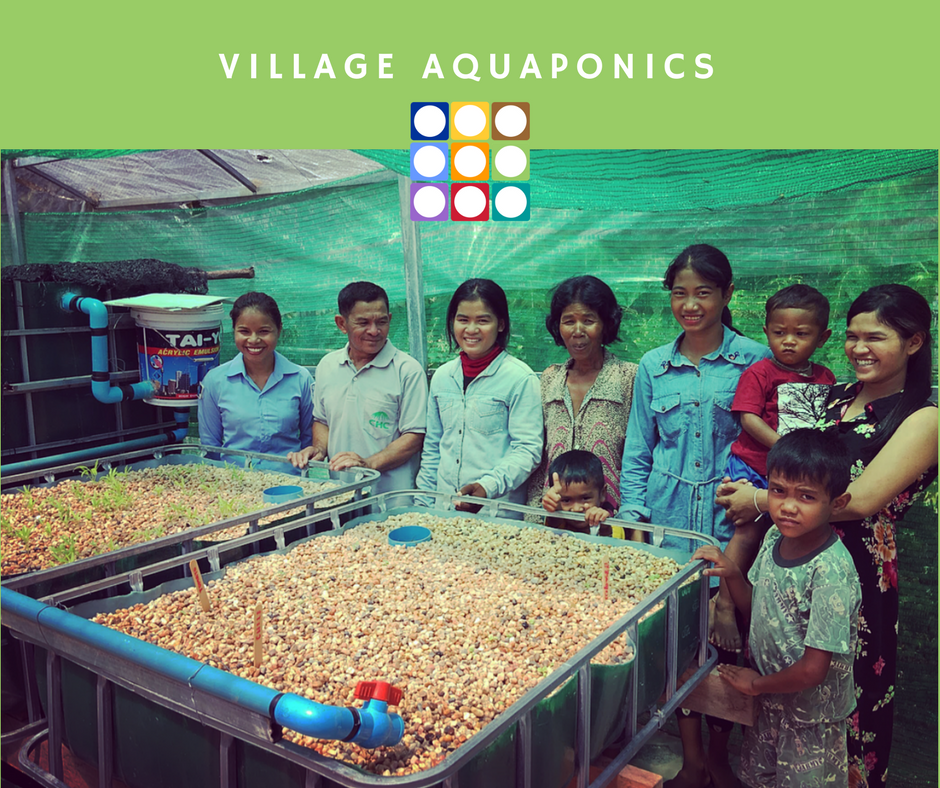
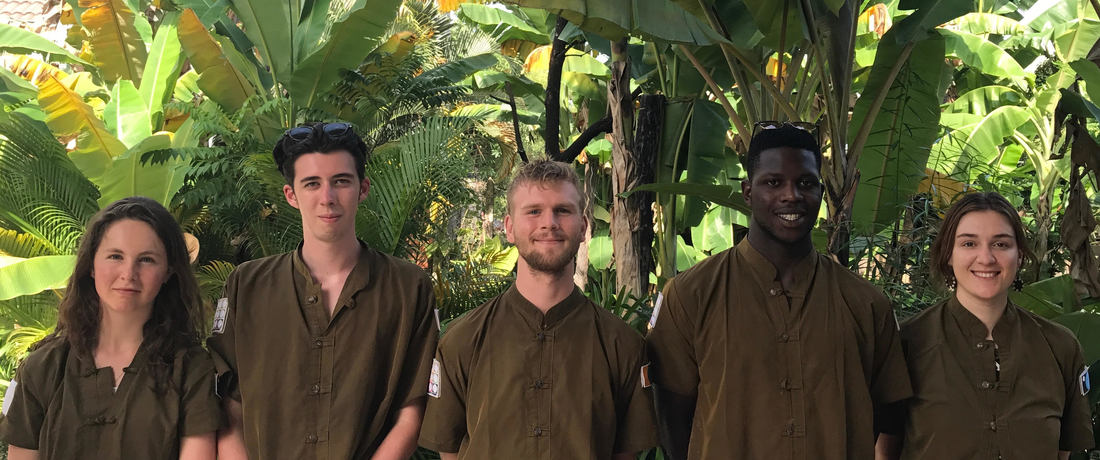
4/28/2019
0 Comments